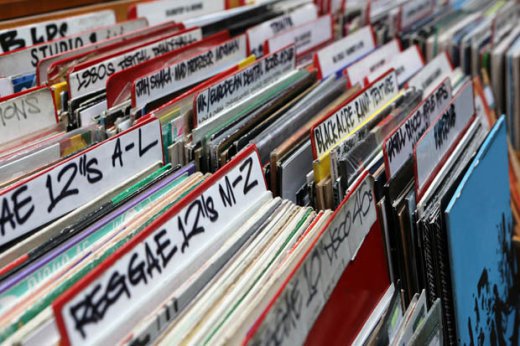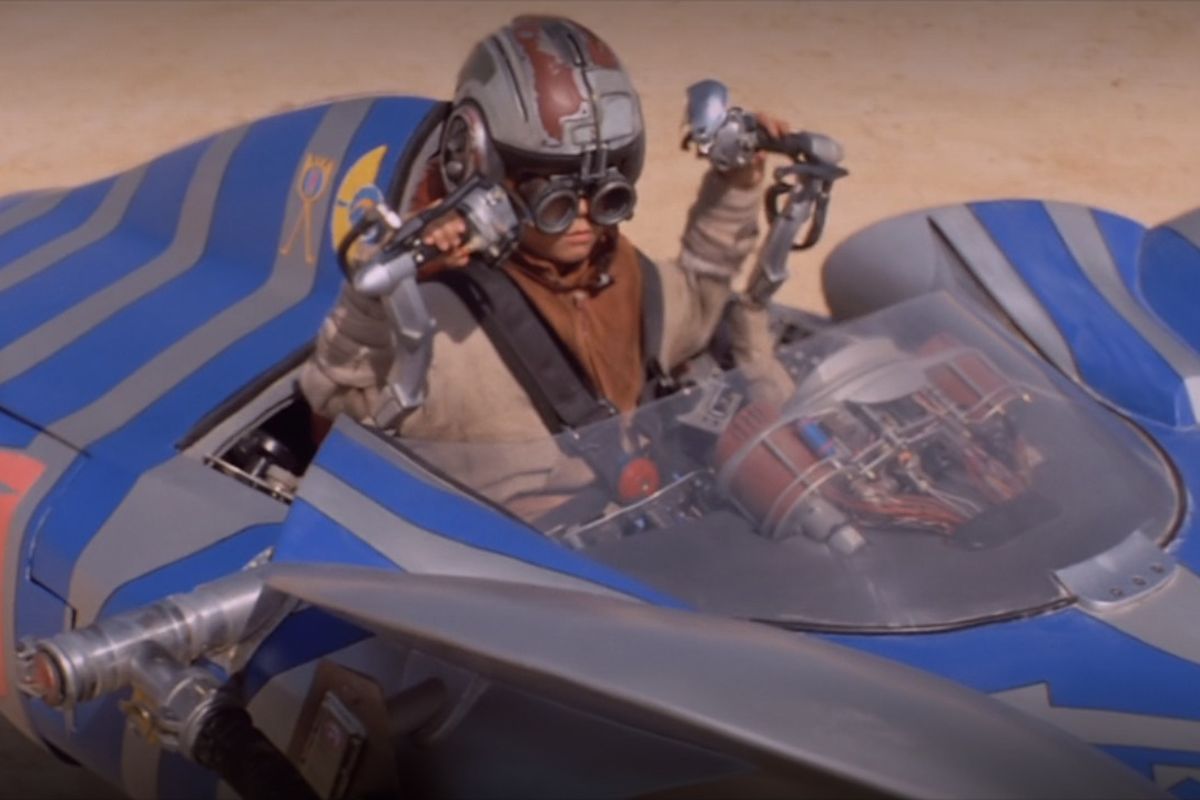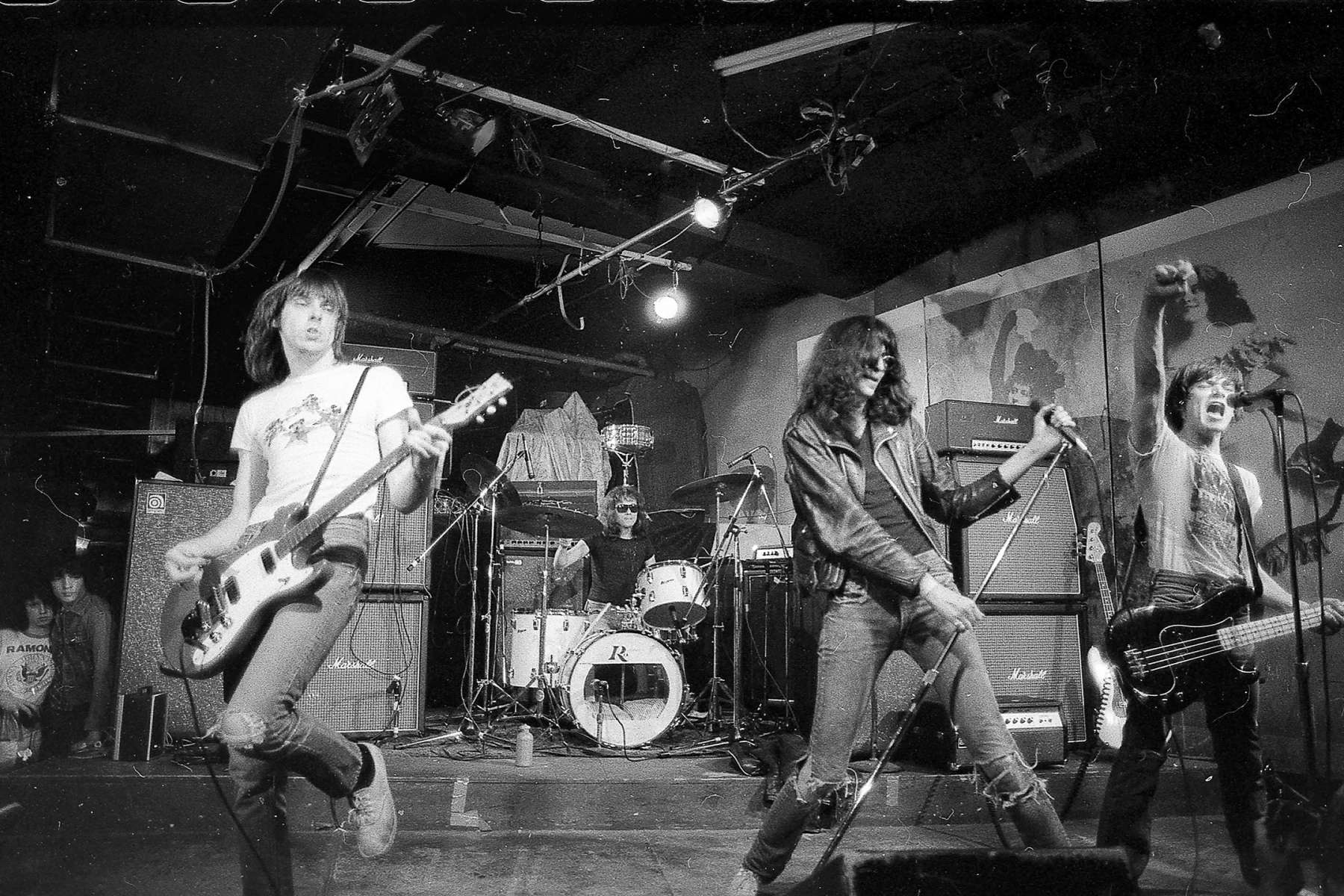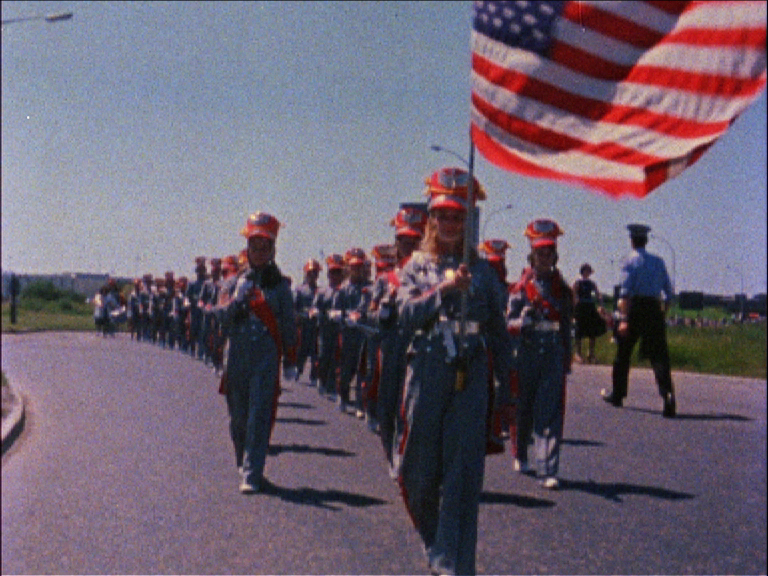The other day I found myself in HMV while my parents visited in the run up to Christmas. As it was a festive occasion, my parents had suggested we purchase a gift, something they could enjoy wrapping and leaving under the tree for me before their return to France. Not being one to ever miss out on a present I gladly accepted and proceeded to rummage through a number of my mental ‘wish lists’ attempting to come up with something I’d like to physically obtain.
As I proceeded to leaf through the copious amount of Vinyl on offer I realised just how far HMV have evolved. December 2012 seems like a distant memory, but more tenured employees of HMV will remember the time well, as it spelt a certain end to the company. At the time, economists took great pride in appearing on news programs, telling us just how obsolete a store like HMV was in today’s marketplace. And yet, it remains. The store I was standing in, in Gateshead’s Metro Centre, had recently located to a more premier retail location and a new store, in Boston Lancashire, opens its doors in the very unit its predecessor was forced to close in March 2013.
In many respects, it’s hardly surprising that HMV has managed to remain, but commendable and worthy of praise all the same. It’s current business model meant that more high priced items like phones, electronics and games took a back seat; while shelves were recently filled with comics, collectables and even Vinyl. Having worked for the company briefly in 2009 and again in 2013, I defiantly experienced some of this change first hand. Vinyl itself presented something quite unique; as if we’d suddenly travelled back in time and embraced a format which should – by all rights – be extinct. Just as many analysts argue HMV should be.
Compact Disc has been a regular fixture in the marketplace since the late 80s, swiftly seeing off competition from Mini Disc, VHS and even Laserdisc; they even buried Vinyl considerably in an episode of Tomorrow’s World recorded around 1992. Whereas a lot of music fans have embraced the digital revolution a decade ago, retailers are limited in their selections, admitting that embracing MP3’s and Spotify subscriptions would leave them out of a job. So CD has found a bizarre and unchallenged equilibrium; until the return of Vinyl. Asides from their popularity with collectors, their physical appeal, their openness to customisation (who doesn’t love a good picture disc?) there’s also an exceptionally unique quality to Vinyl which makes it a more attractive proposition for retailers; it’s practically impossible to steal.
Consider for a moment walking into a store on a cold Christmas day and shoving a cassette tape into your pocket. Even a CD would fit snuggly into an inside pocket without much effort. Vinyl, on the other hand, presents twelve inches of self-resistance to petty theft; for both customers and staff alike, making it the perfect product. In 2017 HMV predicted its most successful year of Vinyl sales in almost 20, thanks in part to the efforts of mainstream artists like Ed Sheeran and Noel Gallagher embracing the format, with UK sales for that year topping four million.
In 2018 this trend continues, with the average purchase of Vinyl made by a consumer younger than those purchasing CDs, according to information from the website Kantar. According to their estimates, the overall value of the vinyl market in the UK for the latest quarter (in the 12 weeks to 1 July) was £25 million. 420,000 people bought a vinyl record in this period, up by 6.6% vs. Q1 (that is, the 12 weeks to 1 April). And this is despite the evident proof that not all collectors of Vinyl have the means to play them.
What might be even more remarkable is that this trend has led to a number of other ‘Grave Formats’ returning to the fold. Swedish band Ghost released their latest album ‘Prequelle’ as well as their live compilation ‘Ceremony and Devotion’ on Vinyl, but perhaps more surprising is their choice to release it on 8 Track Cassette. Although a limited release, initially available through the bands website and the result of Spotify giveaways, their operations are not unique to just cult bands – with Metallica remastering their classic ‘And Justice for All’ album and releasing a special cassette version; which is available to purchase through Amazon and was also stocked in HMV alongside a Nirvana cassette release earlier this year.
The introduction of the cassette tape by Philips in 1963 would lead to it becoming one of the most influential ways people consume music for over 30 years, and yet, it was somewhat ironically never intended never to rival the audio quality of the existing larger tape formats. Once Sony released a portable cassette player called the Walkman in 1979, such anti-taping arguments were more or less dismissed by the general public. Complete with portable headphones, the Walkman encouraged a generation of music fans to take their sounds with them wherever they went, and the advent of the boom box, which featured dual cassette decks, provided portability and seemingly encouraged music duplication through its design. By 1983 it was cassettes which outsold Vinyl.
And yet, as I made my selection that evening in HMV, my father looked on slightly baffled as to why – at 63 – it was his 33-year-old son who was purchasing albums on Vinyl, Cassette and 8 Track in 2018. Everything it would seem, has its place.






Recent Comments: